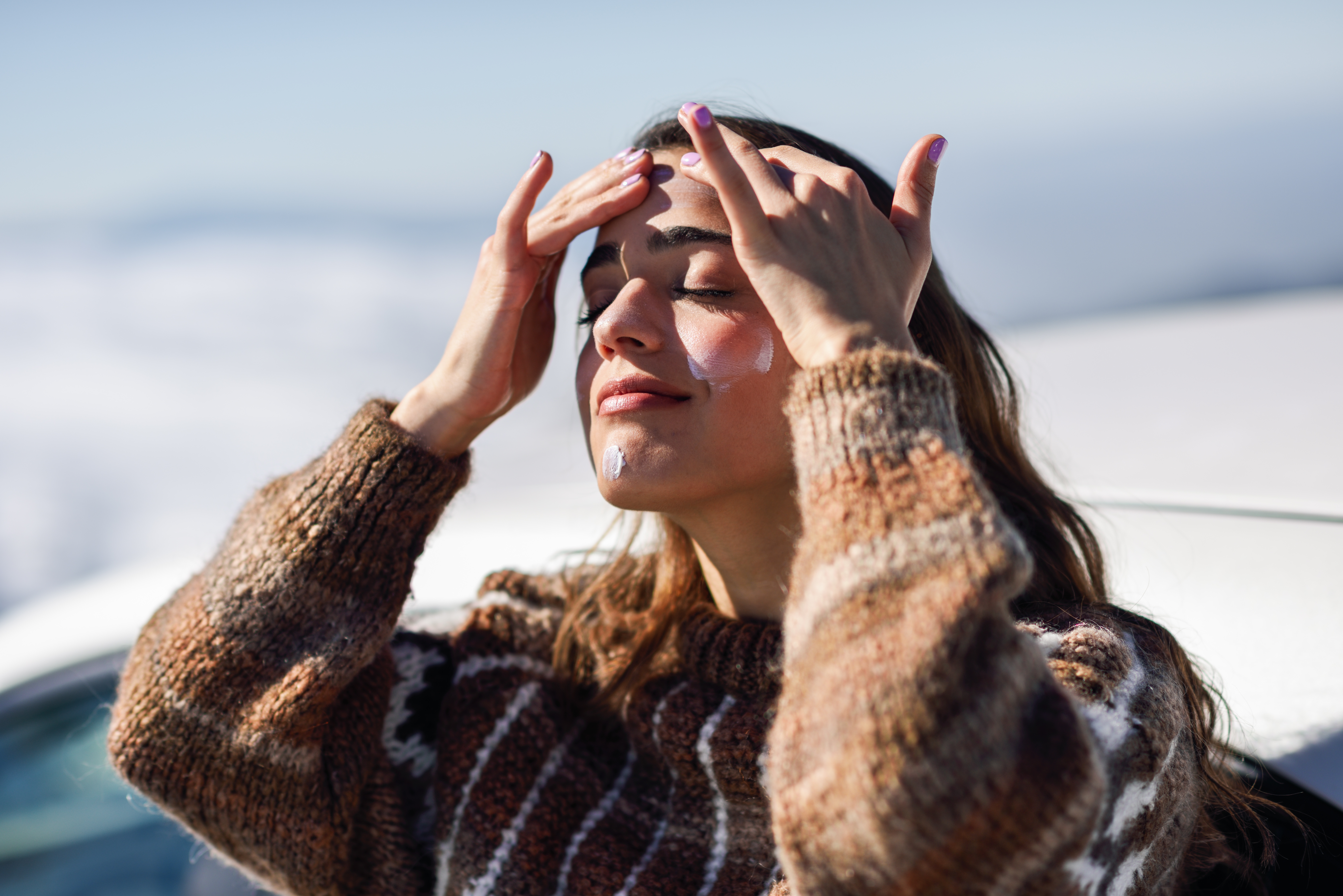Your skin is your body’s biggest organ, which means it requires special attention. And when winter arrives, your skin can take the biggest hit – especially as colder temperatures create all kinds of new skin problems. Winter weather can dull your skin, leaving it dry, irritated, and red. Even with a solid skincare regimen, it can be difficult to get glowing, dewy skin during the coldest months of the year.
The key is understanding how your skin’s needs change during the winter. When the weather changes, the air becomes dry. And this can dry out your skin, causing it to need more hydration, more exfoliation, and more care each day. If you know this ahead of time, you’ll be ready to take excellent care of your skin as it gets colder.
Follow these six tips to achieve healthy, glowing skin during the winter.
1. Use Moisturizer Daily
Moisturizer is a critical skincare product every day of the year. But during the winter, it becomes even more important. As harsh weather dries out your skin more than usual, you’ll need to make sure your skin is getting the moisture it craves.
You can swap out your normal moisturizer for a heavier, creamier product during the winter. For example, you can switch from a basic lotion to a cream or replace your lightweight summer face moisturizer for a more deeply hydrating formula. You can also use a lighter moisturizer during the day and apply a heavier cream at night to lock in moisture.
2. Exfoliate More Often
It might sound counterintuitive, but exfoliating is important during the winter. Exfoliating scrubs away dead skin, and it can strip away built-up products that clog pores and cause problems. While it’s important to ensure you don’t strip away your skin’s moisture or moisture barrier when temperatures drop, it is a good idea to give your skin a “deep clean” every so often.
Exfoliating can help you slough away dry, dead skin on problem areas during the winter: your hands, feet, and face. As it cleanses, it can also help your moisturizer more deeply penetrate the skin for improved hydration. Just make sure to be gentle.
3. Cover Up
Exposing your skin to harsh winter weather can increase the risk of dryness, irritation, and redness. When you step outside with bare skin, you’ll likely find that freezing temperatures, brisk wind, and icy weather leave your cheeks and nose red and your skin feeling dry or itchy.
To combat these weather-related effects, you need to cover up. Even small pieces of exposed skin – like your hands, ankles or feet, cheeks, and ears – can result in skin that’s worse for the wear. Make sure you wear gloves, warm socks, and scarves when heading outside to cover up as much as possible.
4. Swap Soap for Gel or Cream Cleansers
Washing your face and body is important, but so is the type of soap you’re using. Many people don’t realize that the soap you use every day can actually create increased dryness during the winter. Regular soap and gel cleansers aren’t very hydrating; in fact, soap in particular can actually complicate the problem by drying your skin out even more.
You can use a cream cleanser on both your face and the rest of your body. Applying cream cleanser instead of regular soap or gel cleansers will help add more moisture to your skin. Cream formulas are thicker and often feature more deeply hydrating ingredients – it’s almost like applying lotion that cleans your skin.
5. Don’t Forget About Your Lips
You might not pay too much attention to your lips beyond applying makeup or chapstick. But your lips are skin too – and they can get just as dry, if not even drier, than the rest of your body in wintertime. Lips often get cracked and chapped when temperatures fall, as the thin skin of your lips dries out easily. And cracks can lead to bleeding.
To ensure your lips don’t dry out, you’ll want to apply lip balm to moisturize your lips. Keep lip balm or petroleum jelly on hand all winter, and make sure your lips aren’t getting too dry as you step out into cold weather or are in heated rooms that can also dry out skin.
6. Stop Taking Hot, Steamy Showers
When it’s cold outside (or even cold inside the house), there’s nothing more enjoyable than a hot, steamy shower. The hot water will warm you right up, and it can even warm up the entire bathroom with its heat.
However, taking hot showers strips moisture from your skin. And that means you’ll wind up with dry skin – which only gets worse when you head outside into harsh winter weather. If you want to protect your skin and prevent dryness, it’s a better idea to take lukewarm showers. A slightly cooler temperature will strip less moisture, giving your skin a better chance of keeping itself hydrated.
Help Your Skin Look and Feel Its Best This Winter
Your skin can handle a lot. But during winter, it’s often faced with dryness, itchiness, and other kinds of irritation. And these harsh effects can leave your skin looking dull, feeling uncomfortable, and unbearably dry.
Fortunately, with the right skincare tips and products, you can keep your skin hydrated and glowing. You just need to be proactive to ensure your skin is getting the moisture it needs each day. On top of that, don’t forget to swap out some of your everyday products to give your skin its best chance at success.
